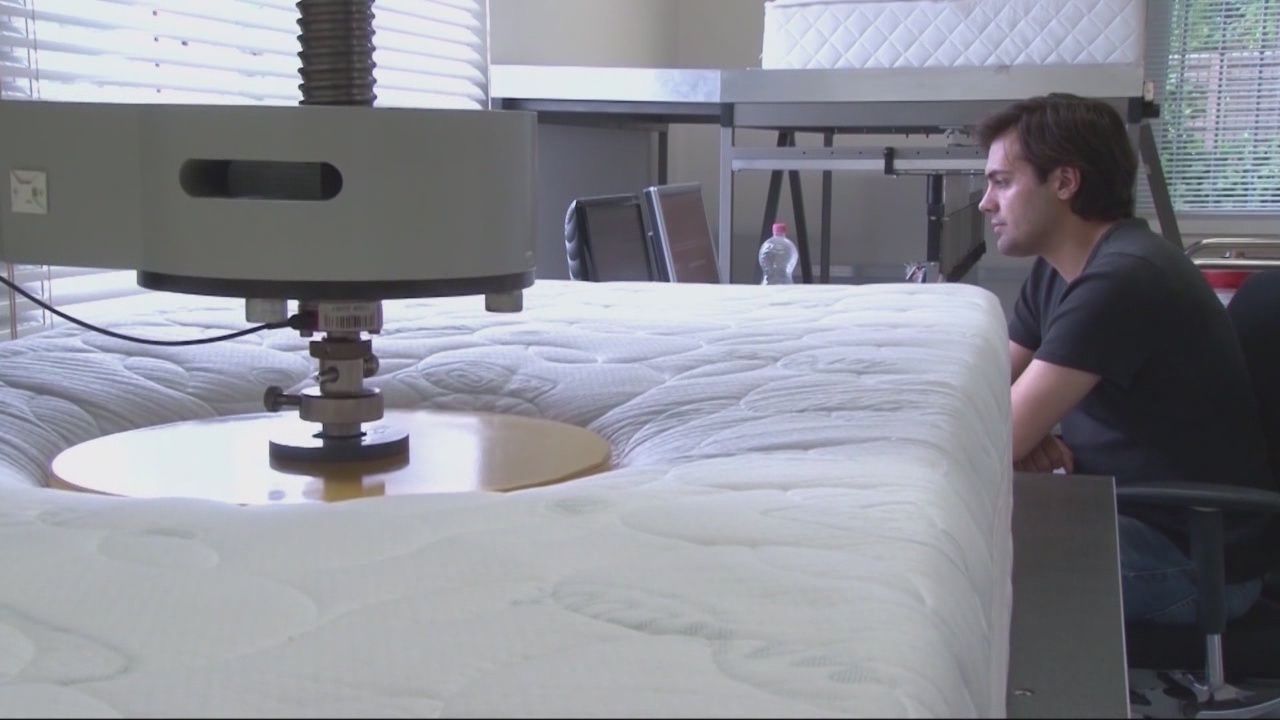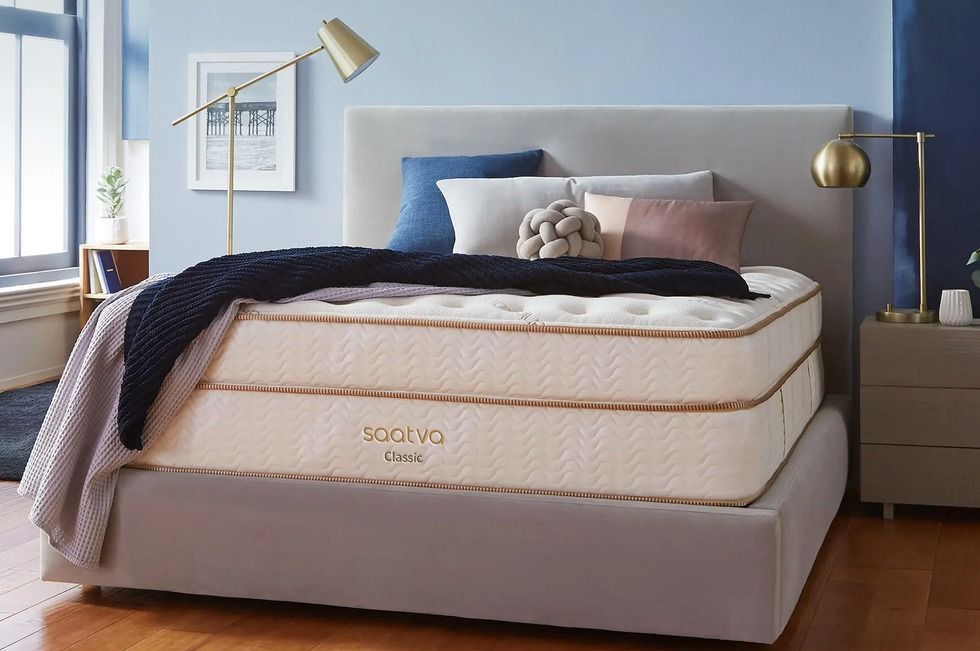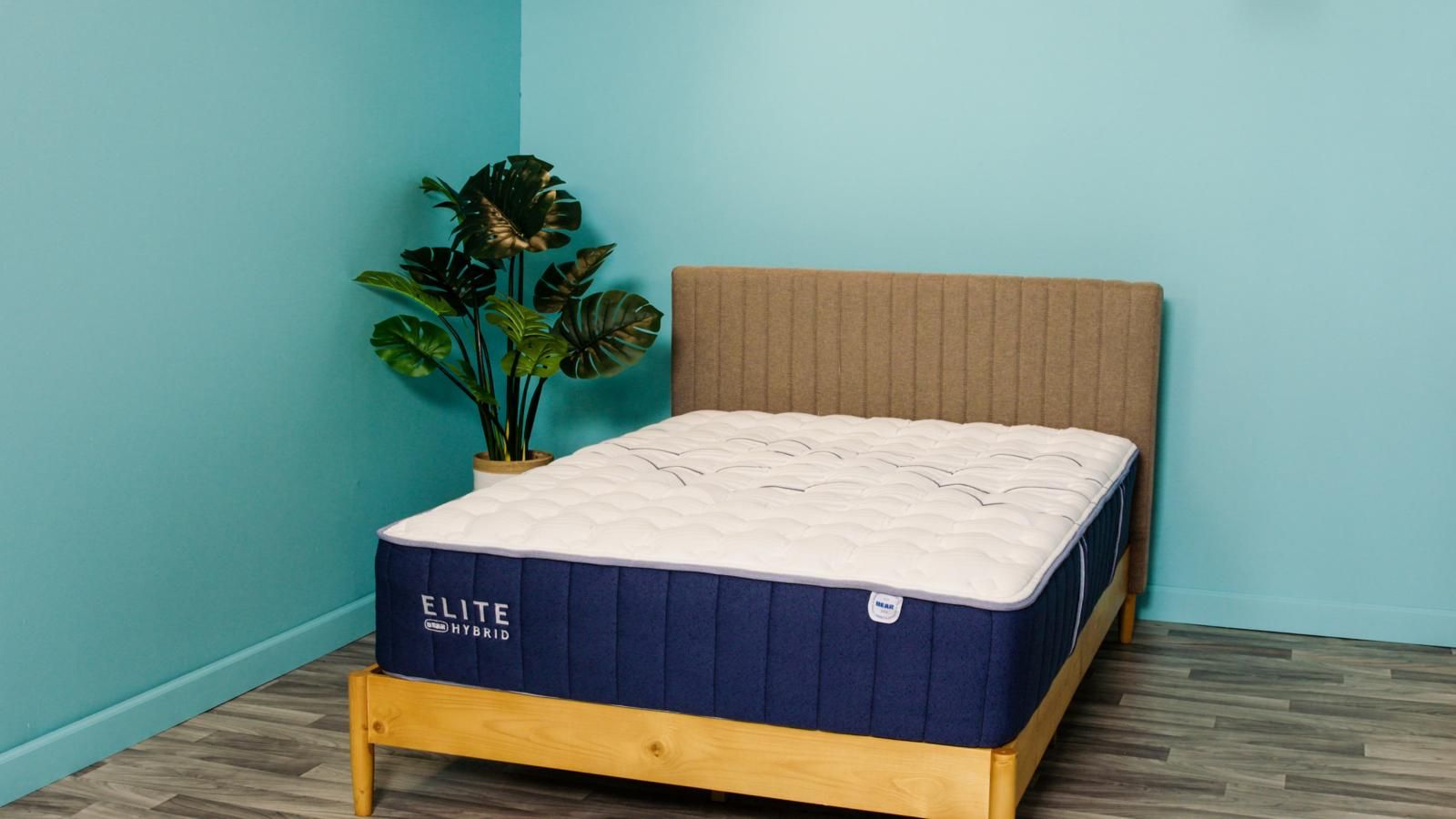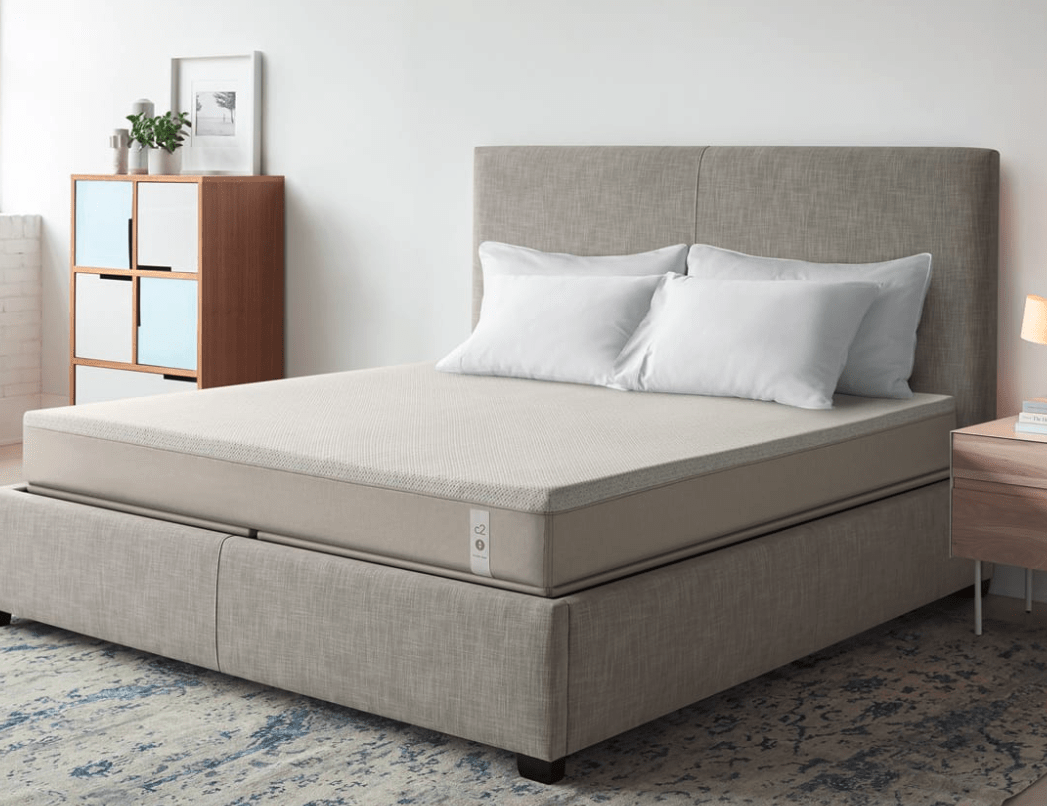When it comes to investing in a good night’s sleep, choosing the right mattress is paramount. Consumer Reports consistently reviews and ranks mattresses based on rigorous testing, evaluating factors like durability, support, comfort, and overall value. This guide explores some of Consumer Reports’ top recommended mattresses for quality and comfort, helping you navigate the vast array of options available on the market today.
Understanding Consumer Reports’ Methodology
Consumer Reports employs a comprehensive testing methodology to assess mattresses impartially. They evaluate mattresses for various criteria, including firmness, back support, durability over time, and customer satisfaction. Their ratings are based on extensive lab tests and surveys from thousands of mattress owners, ensuring reliability and transparency in their recommendations.

Top Picks in Memory Foam Mattresses
Memory foam mattresses have gained popularity for their ability to contour to the body, providing personalized support and pressure relief. Consumer Reports highlights several top-rated memory foam mattresses that excel in comfort and durability. Brands like Tempur-Pedic, Casper, and Tuft & Needle consistently receive high marks for their innovative designs and ability to adapt to different sleep preferences.
Advantages of Memory Foam Technology
Memory foam mattresses are praised for their ability to distribute body weight evenly, which can alleviate pressure points and improve circulation during sleep. This technology responds to body heat, molding to the sleeper’s shape and providing customized support where needed. This adaptive feature not only enhances comfort but also helps maintain proper spinal alignment, crucial for preventing aches and pains.

Considerations for Side Sleepers
For side sleepers, a memory foam mattress with medium to medium-firm density is often recommended. This density level ensures adequate support for the hips and shoulders while allowing for proper alignment of the spine. Consumer Reports identifies memory foam mattresses that excel in conforming to the body’s curves, which is essential for side sleepers looking to minimize pressure points and enhance overall comfort.
Top Picks in Hybrid Mattresses
Hybrid mattresses combine the benefits of memory foam or latex with the support of traditional innerspring coils. These mattresses typically offer a balance of comfort and support, making them suitable for a wide range of sleepers. Consumer Reports evaluates hybrid mattresses from brands like Saatva, Purple, and Leesa, noting their ability to provide both cushioning and responsiveness for optimal sleep quality.
Benefits of Hybrid Construction
Hybrid mattresses often feature layers of foam atop a core of pocketed coils, which enhance airflow and reduce heat retention compared to traditional memory foam mattresses. This design promotes a cooler sleep surface, ideal for those who tend to sleep hot. Additionally, the combination of foam and coils offers robust support, making hybrid mattresses a versatile choice for couples with different sleep preferences.

Choosing the Right Firmness Level
Consumer Reports emphasizes the importance of selecting a mattress with the appropriate firmness level based on individual sleep preferences and body type. While personal preference plays a significant role, factors such as weight distribution, sleeping position, and any existing medical conditions should also be considered. Mattresses range from soft to extra firm, ensuring there’s an option to suit every sleeper’s needs.
Top Picks in Innerspring Mattresses
Traditional innerspring mattresses remain a popular choice for their sturdy support and affordability. Consumer Reports evaluates leading innerspring mattress brands like Sealy, Serta, and Simmons, assessing their durability, motion isolation, and overall comfort. These mattresses typically feature interconnected coils or individually wrapped coils that respond independently to movement, minimizing disturbances for couples.

Advantages of Innerspring Technology
Innerspring mattresses are valued for their robust support and breathability, thanks to the open space between coils that allows for ample airflow. This design helps regulate temperature and prevents overheating during sleep, making them suitable for individuals who prefer a cooler sleep environment. Consumer Reports identifies innerspring mattresses that strike a balance between comfort and support, ensuring a restful night’s sleep.
Considerations for Back Pain Sufferers
For individuals dealing with back pain, choosing the right mattress can significantly impact sleep quality and overall well-being. Consumer Reports recommends mattresses with adequate support to maintain spinal alignment while providing sufficient cushioning for comfort. Memory foam and hybrid mattresses often receive high ratings for their ability to alleviate pressure points and support the lower back, offering relief to back pain sufferers.

Mattress Durability and Longevity
Investing in a durable mattress is essential for long-term comfort and value. Consumer Reports tests mattresses for durability by simulating years of use to assess how well they maintain their shape and support over time. Factors such as mattress materials, construction quality, and proper maintenance (such as rotating the mattress regularly) can influence longevity. Choosing a mattress with a warranty ensures peace of mind and protection against premature wear or defects.
Mattress Types and Their Advantages
- Latex Mattresses: Latex mattresses are appreciated for their durability and natural materials. They offer excellent support and responsiveness while being hypoallergenic and resistant to dust mites and mold. Brands like Avocado and Brooklyn Bedding receive commendations for their latex mattresses.
- Adjustable Air Mattresses: These mattresses allow you to adjust the firmness by adding or removing air from chambers within the mattress. They are excellent for couples with different firmness preferences or those who want customizable support. Sleep Number is a well-known brand in this category.
- Factors to Consider When Choosing a Mattress: Consumer Reports suggests considering your preferred sleeping position (side, back, stomach), body weight, any specific health concerns (like back pain or allergies), and your partner’s preferences if sharing a bed. It’s also crucial to test the mattress in-store if possible or take advantage of generous return policies offered by many mattress brands when buying online.
- Evaluating Mattress Reviews: While Consumer Reports offers comprehensive reviews, it’s also beneficial to look at customer reviews and testimonials to gauge real-world experiences. Websites like Amazon, Google, and specific mattress review sites can provide additional insights into durability, comfort, and customer service.
- Other Considerations: Factors such as mattress warranties, trial periods, delivery options, and potential additional costs (like mattress foundations or adjustable bases) should also be considered when making your purchase decision.
Conclusion: Finding Your Perfect Mattress
Finding the perfect mattress involves considering personal preferences, sleep habits, and health needs. Consumer Reports’ recommendations provide a valuable starting point for narrowing down options based on performance, durability, and overall customer satisfaction. Whether you prioritize the contouring feel of memory foam, the sturdy support of innerspring coils, or the versatility of hybrid construction, there’s a top-rated mattress waiting to enhance your sleep quality and overall well-being.









